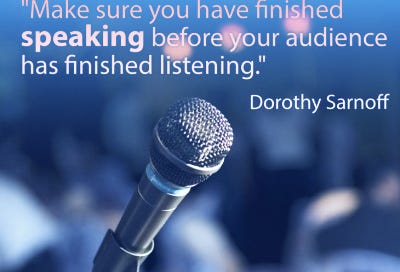One of the occupational hazards of tutoring in the post-pandemic era is encountering students or prospects who have embraced remote communication but eschew remote etiquette. I don’t know about you, but individual or group sessions involving dark screens and muted mics makes me feel like I’m driving with my eyes closed. Critical sensory input is missing, like nods of understanding or frowns of confusion (great band name, right?)
– All effective communication requires feedback.
– All healthy relationships require feedback.
– All exceptional work requires feedback.
As educators, we rely on a host of verbal and nonverbal cues from students as well as the qualitative and quantitative data gleaned from their work and scores to steer instruction towards productive ends. Our students need feedback from us–along with the positive or negative feedback delivered by testing–to adjust, improve, and excel. To be fair, we all need that.
Which is to say that this newsletter might be reaching its natural end.
I’m definitely not saying I’m tired of transcribing my tenets of test prep and tutoring on a regular basis, nor have I run out of things to say. As if. But a wise opera singer and self-help guru, Dorothy Sarnoff, once articulated the necessity of awareness in communication: "Make sure you have finished speaking before your audience has finished listening."
It’s entirely possible I’ve overshot that mark.
This is where I would exhort you to consider applying this insight to your tutoring practice and maybe your personal relationships as well. But I’ll also take the note, as they say, as far as these weekly missives go. Are you listening? Give me that irreplaceable feedback about tempo and topic, and we’ll see where that takes us.
Tips, Tools, And Thoughts
Replacing the Carnegie Unit will spark a battle royal
What is the Carnegie Unit and what is the alternative?
The SAT Is Making a Comeback. Here's a Look at the Numbers and What They Tell Us
Here’s some good news for educators, admissions officers, and applicants looking to differentiate from their peers.
Why is the attainment gap increasing?
We know it’s happening, and we probably know at least some of the reasons why.
16 Ways To Reduce Teacher Workload
Thankfully, taking fewer students is not on the list ;)
Study: Weighing High School Context Could be the Key to College Diversity
Contextualized indicators of high school grades and standardized tests are strongly associated with student success in college.





